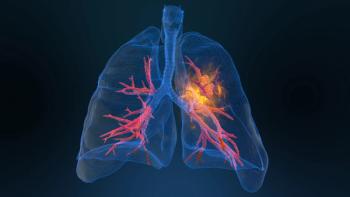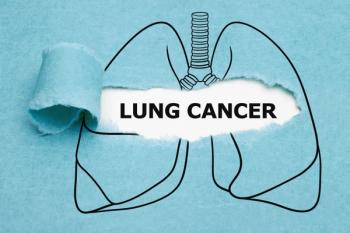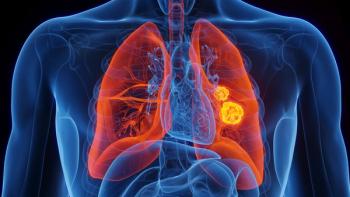
The Importance of Cancer Clinical Trials, Even in a Pandemic
Physicians and patient advocates alike are working to spread the message that it is safe to continue on the course of cancer care and participate in clinical trials during COVID-19.
Clinical trials are an integral part in cancer research, and many patients have lived far longer than they were expected to thanks to clinical trial participation. But throughout the coronavirus disease 2019 (COVID-19) pandemic,
The numbers have improved since the spring, but enrollment has still not reached pre-pandemic heights. One of the many contributing factors to declining participation in clinical trials, and the postponement of cancer care outside of trials, is patients’ fear of exposure to COVID-19. And while it is a valid concern, physicians and patient advocates alike are working to spread the message that it is safe to continue cancer care, even in a pandemic.
Gina Hollenbeck, an advocate for the
Her story speaks to the importance of clinical trials for lung cancer, and she now raises funds to contribute to research grants. And when it comes to patients who are hesitant to enroll in trials or continue care during the pandemic, she encourages asking questions but remembering that it is important to receive the care they need.
“I think as a as a patient, whenever you're a participant in a clinical trial or any kind of research, you really have to ask questions. So you really need to know what you're getting into,” Hollenbeck said. “… But I think that as far as the safety is concerned, health care professionals and researchers have patients’ safety at their top of their priorities. So I believe that it safe, and it's really important that people are participating in clinical trials.”
“Research is how we make progress in treating lung cancer. Years ago, lung cancer had only a 4- to 6-month median survival. And through understanding how cancer works, we develop new treatments, but they have to be tested and proven not only to be effective, but to be safe. And that's what clinical trials are,” Carbone told AJMC®. “They give patients access to tomorrow's drugs today. And they enable people instead of living for months—like Gina, she's now 5 years since the diagnosis—entirely because of research and clinical trial participation.”
Lung cancer clinical trials are also important given the potential overlap into the treatment of COVID-19, he added.
“One of the major problems with COVID-19 is the inflammation that happens in the lungs when the immune system responds to the virus. And this kind of inflammation is what kills people. One of the best [cancer] therapies today is an immunotherapy, which occasionally causes lung inflammation,” Carbone explained. “So learning how to control that inflammation in the lung, while attacking the virus or attacking the lung cancer could certainly help advance patient care for both conditions.”
As the pandemic wears on, a key part of getting patients back to their physicians and participating in clinical trials will be keeping patients informed about the safety of receiving treatment and participating in studies. Continuing the course of cancer care, whether that means going for screenings or receiving treatment, is imperative.
“Cancer doesn't stop for COVID-19,” Hollenbeck said. “So it's important that people who do have cancer are not afraid to go to a health care institution and make sure that their health care isn't compromised because of COVID-19.
References
1. McNulty R. Cancer Care Delays in COVID-19 Could Lead to Higher Morbidity, Mortality. Am J Manag Care. October 22, 2020. Accessed November 25, 2020.
2. COVID-19 and Clinical Trials: The Medidata Perspective. Medidata Solutions; 2020. Accessed November 25, 2020.
Newsletter
Stay ahead of policy, cost, and value—subscribe to AJMC for expert insights at the intersection of clinical care and health economics.









